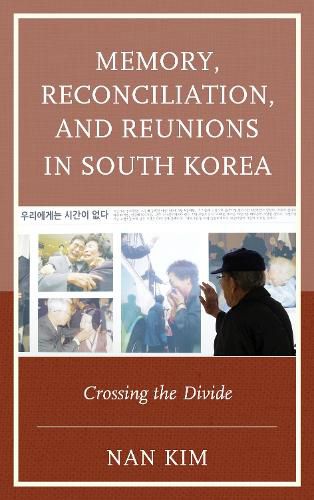Readings Newsletter
Become a Readings Member to make your shopping experience even easier.
Sign in or sign up for free!
You’re not far away from qualifying for FREE standard shipping within Australia
You’ve qualified for FREE standard shipping within Australia
The cart is loading…






Drawing on reinterpretations of melancholia and collective remembrance, Memory, Reconciliation, and Reunions in South Korea: Crossing the Divide explores the multi-layered implications of divided Korea’s liminality, or its perceived in-betweenness in space and time. Offering a timely reconsideration of the pivotal period following the inter-Korean Summit of June 2000, this book focuses on a series of emotionally charged meetings among family members who had lost all contact for over fifty years on opposite sides of the Korean divide. With the scope of its analysis ranging from regional geopolitics and watershed political rituals to everyday social dynamics and intimate family narratives, this study provides a lens for approaching the cultural process of moving from a disposition of enmity to one of recognition and engagement amid the complex legacies of civil war and the global Cold War on the Korean Peninsula.
$9.00 standard shipping within Australia
FREE standard shipping within Australia for orders over $100.00
Express & International shipping calculated at checkout
Drawing on reinterpretations of melancholia and collective remembrance, Memory, Reconciliation, and Reunions in South Korea: Crossing the Divide explores the multi-layered implications of divided Korea’s liminality, or its perceived in-betweenness in space and time. Offering a timely reconsideration of the pivotal period following the inter-Korean Summit of June 2000, this book focuses on a series of emotionally charged meetings among family members who had lost all contact for over fifty years on opposite sides of the Korean divide. With the scope of its analysis ranging from regional geopolitics and watershed political rituals to everyday social dynamics and intimate family narratives, this study provides a lens for approaching the cultural process of moving from a disposition of enmity to one of recognition and engagement amid the complex legacies of civil war and the global Cold War on the Korean Peninsula.